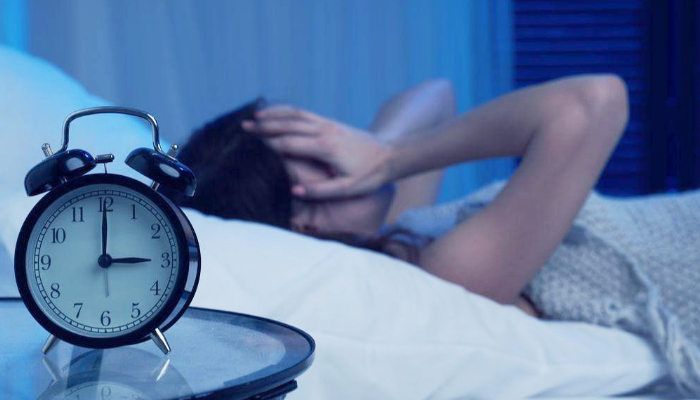Home / Health
How lack of sleep affects your skin: Study
Sleep deprivation: The hidden impact on your health

Experts have long emphasized the importance of getting at least seven hours of sleep each night. However, many Britons often fall short due to stress, distractions, or family responsibilities.
New research from sleep technology company Simba, utilizing artificial intelligence (AI), has revealed the physical toll of sleep deprivation.
The study highlights effects such as bloated bellies and blotchy skin, underscoring the significant impact poor sleep can have on overall health.
These findings serve as a stark reminder of the importance of a good night's rest.
A lack of sleep doesn't just leave you tired - it shows up all over your body,' said Lisa Artis, Deputy CEO of Simba's charity partner, The Sleep Charity.
When sleep is compromised reduced blood flow causes the skin to appear sallow and lack vibrancy, stripping it of its natural glow and vitality.
"Additionally, when you're sleep-deprived, cortisol levels - the stress hormone - rise, exacerbating inflammatory skin conditions, worsening conditions like eczema and psoriasis, leading to irritation, redness, and itching."
Simba surveyed 2,175 UK adults about their sleep habits, physical health, and appearance.
The survey showed that the skin is one of the first parts of the body to show signs of sleep deprivation.
Among those who reported insufficient sleep each night, 15% experienced brittle nails, while 24% reported having sensitive skin. Other prevalent skin issues included eczema (16%), psoriasis (7%), and a dull complexion (10%).
Ms. Artis explained that "the skin works harder overnight to renew and repair itself." She continued, "During sleep, blood circulation improves, aiding the skin’s natural recovery and contributing to a healthy, glowing appearance."
Additionally, chronic sleep deprivation may also elevate the risk of weight gain.